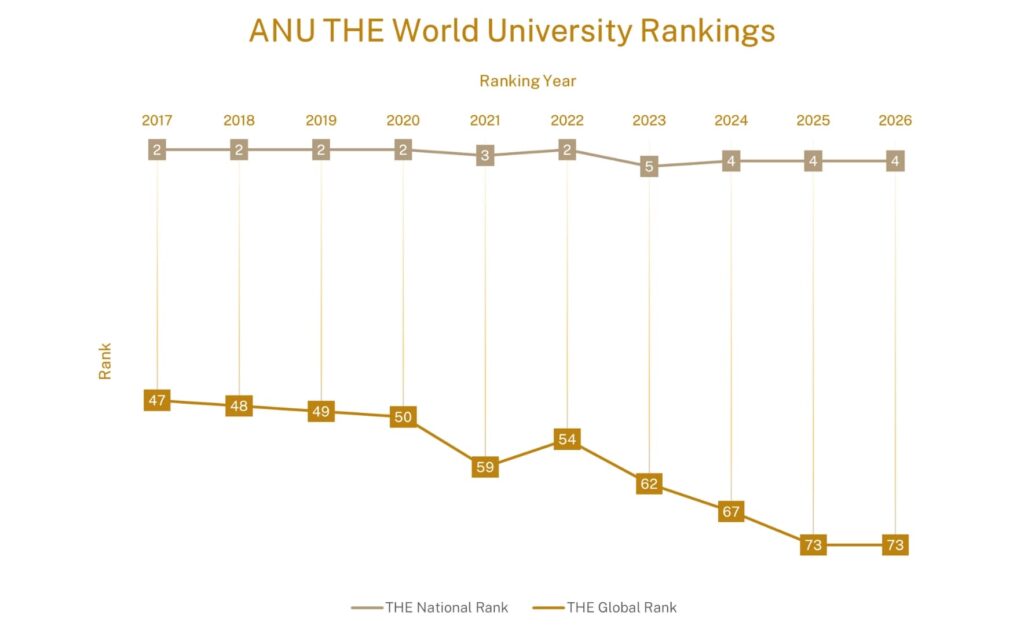
A recent study from the Massachusetts Institute of Technology (MIT) reveals that a staggering 95 percent of generative AI initiatives in business yield no return on investment. While many executives proudly tout their “digital transformation” efforts and pour billions into AI systems, employees often find more value in USD 20 personal subscriptions to tools like ChatGPT than in their organizations’ expensive solutions.
According to the study, companies have invested between USD 30 billion and 40 billion in enterprise AI systems, yet the result has been disheartening: a complete lack of financial return. This situation is not merely a fleeting tech trend; it highlights broader issues within corporate operations and raises concerns about the efficacy of current AI strategies.
One illustrative case from the MIT report involves a corporate lawyer at a mid-sized firm who witnessed her company spend USD 50,000 on specialized contract analysis software. Although the sales presentation was compelling and the IT department was enthusiastic, the lawyer found the software underwhelming. After a single attempt to use it, she reverted to her personal ChatGPT subscription, which she described as “actually works.” The expensive tool fell short, offering “rigid summaries with limited customization,” while ChatGPT allowed her the flexibility to refine her queries until she achieved the desired output.
This scenario is not an isolated case. The MIT researchers discovered that 90 percent of employees are now utilizing personal AI tools for work-related tasks. These practices often breach company policies, leading to significant privacy and confidentiality risks.
Financial Services Struggle to Embrace AI
Financial institutions, which should theoretically be at the forefront of the AI revolution, are lagging significantly. With their reliance on data-driven decision-making, banks have the potential to lead in this field. However, MIT’s AI Market Disruption Index rates financial services a mere 0.5 out of 5, indicating minimal transformation. In contrast, many news platforms have adapted more effectively to AI advancements.
Another critical issue is the rise of what researchers term “workslop,” a term describing the influx of mediocre, AI-generated content that clutters corporate communications. Meetings increasingly begin with summaries derived from AI-generated reports based on other AI-generated research. Teams find themselves sifting through numerous polished documents that, while visually appealing, often fail to convey substantial information. This proliferation of low-quality content creates a new form of inefficiency, as employees spend time engaging with material that ultimately lacks value.
The irony is stark. The technology designed to enhance productivity is instead promoting a cycle of inefficiency, leading to an overwhelming volume of polished content that requires time to read and process, only to be disregarded.
As companies continue to invest heavily in AI, the findings from MIT serve as a wake-up call. It is essential for businesses to reevaluate their approach to AI adoption, ensuring that the tools they choose genuinely meet the needs of their employees and enhance productivity rather than detract from it. The current landscape suggests that without significant changes, many firms may find themselves trapped in a cycle of ineffective technology investments and wasted resources.






